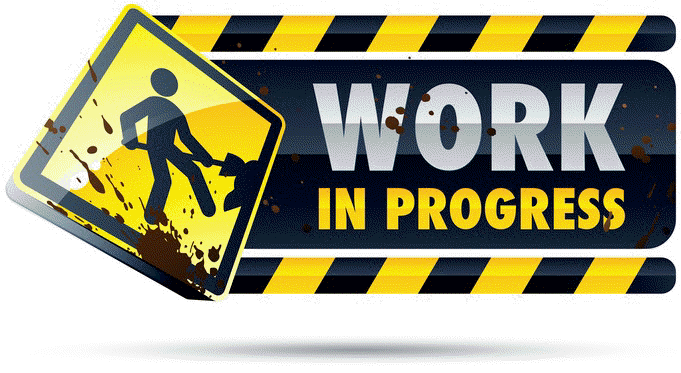There are more than 1.5 million community based organizations, and thousands more health and social advocacy programs within the U.S. Many of these entities have outreach programs and close personal relationships with the communities they serve. This makes them ideal candidates as participants of medical homes, members of care teams, as well as mentors and advocates.
PHIERS.org’s plan of action includes recruiting these types of entities as PHIERStations and equipping them with tools , processes, and resource information to help them better serve the health and social service needs of their clients and congregants.

Their participation in the PHIERStorm will make them eligible for grants, grant partnerships, and tax credits, all while they provide tremendous value to society. Additionally, their participation creates meaningful jobs for health and social workers, mental health professionals, and medical transportation providers which can subsequently extend their positive impact and reach.
We plan to reverse this trend, among a host of others – and the best part is that we actually have the means to do so.
PHIERS is designed to help:
- Front line health and social safety net programs, providers, and facilities
- Caregivers and related support groups
- Community organizations, advocacy groups, and related organizers
- Health/social workers, mental health professionals and counselors


A licensed mental health counselor has met or exceeded the following professional qualifications: Earned a master’s degree in counseling or a closely related metanl health discipline; Completed a minimum of two years post master’s clinical work under the supervision of a licensed or certified metanl health professional; and Passed a state-developed or national licensure or certification examination.The above is from the American Mental Health Counselors Association website. The areas of study from the same website are: Diagnosis and psychopathology Psychotherapy Psychological testing and assessment Professional orientation Research and program evaluation Group counseling Human growth and development Counseling theory Social and cultural foundations Lifestyle and career development Supervised practicum and internship. You will need to earn a bachelor’s degree. Any major is acceptable; however, a degree in psychology would probably be the most helpful. This would take at least four and perhaps five years. It will probably take you at least 2-1/2 to 3 years to complete your master’s degree. Therefore the entire process, including your supervised experience, will take between 8-1/2 and 10 years.How much you work each week is decided by you and your employer. Normally, counselors work about 40 hours a week, but not all of that time is spent in counseling. Was this answer helpful?